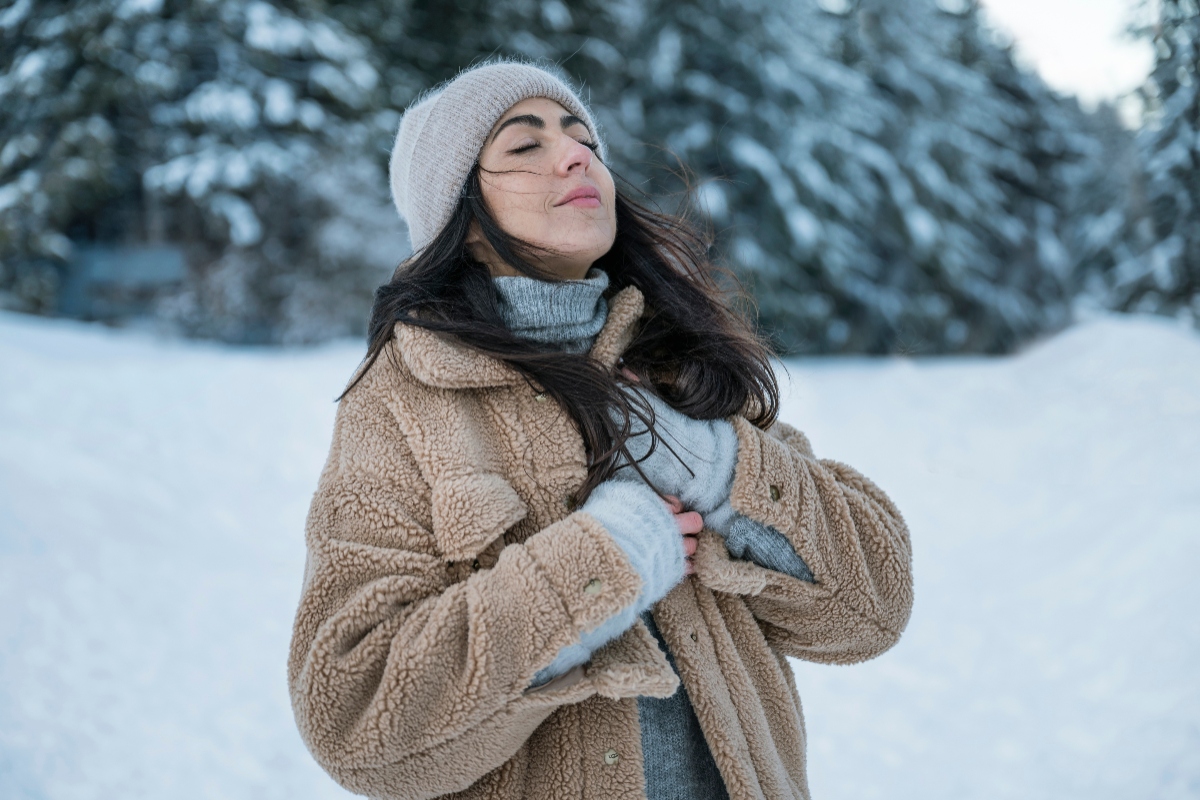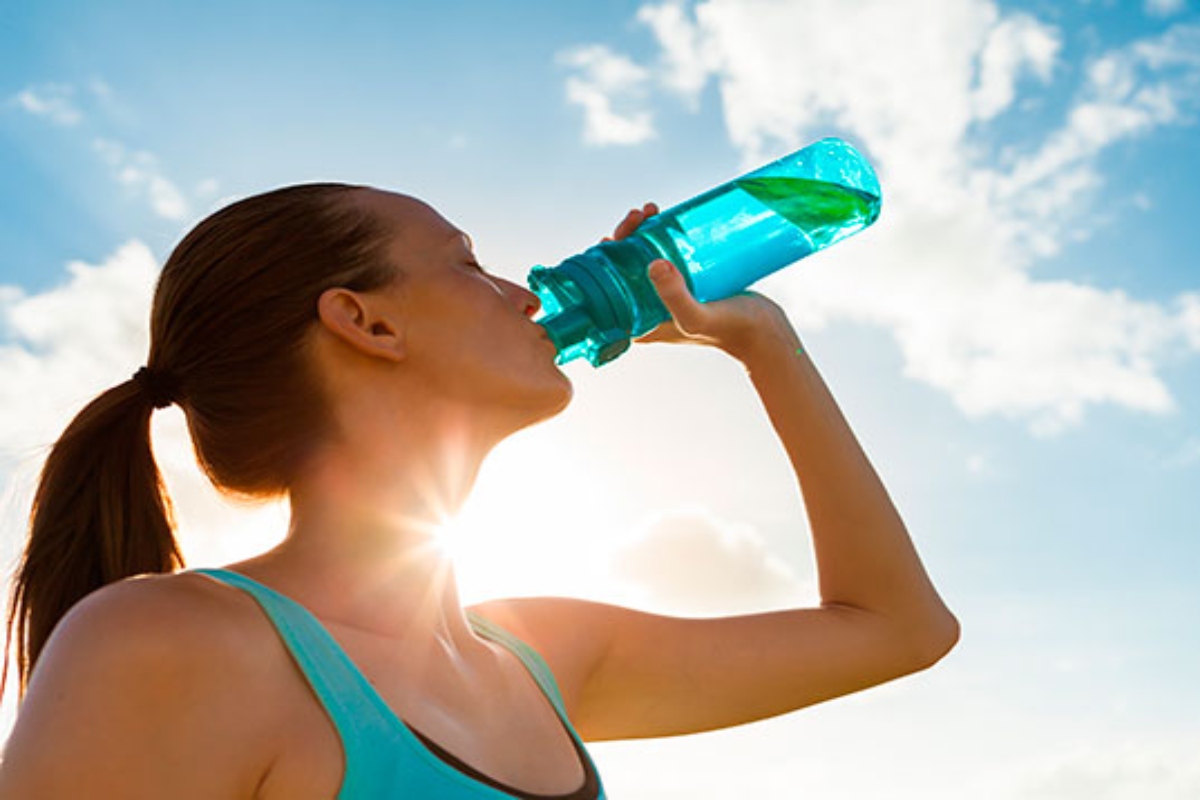In Georgia, weather changes can be both rapid and extreme. From cold winters to hot and humid summers, the state presents a constant challenge to maintaining health.
For the Hispanic community, which often faces long work days outdoors or in changing conditions, taking care of your health is a priority. At QuéOnnda, we offer you expert-backed tips to stay healthy all year long.
Effects of climate

Weather changes can wreak havoc on the immune system.
Going from cold to humid or hot temperatures can increase the risk of respiratory illnesses and allergies.
According to the Centers for Disease Control and Prevention(CDC), it is essential to take preventive measures to avoid complications such as colds, flu or asthma.
Common risks: Seasonal allergies, respiratory infections and dehydration.
Solution: Stay hydrated, eat foods rich in vitamins and wear clothes appropriate for each season.
Copes with weather changes

Dress in layers
In fall and winter, temperatures can vary drastically during the day. Wear layered clothing to maintain proper body temperature.
This has made a huge difference in my health
María Gómez, residente de Atlanta
Monitors air quality
Georgia is known for its high pollen and pollution levels at certain times of the year. Use apps such as “AirNow” to check air quality before heading out.
Hydrate constantly
During the summer, high temperatures and humidity can cause dehydration. Always carry a bottle of water with you and avoid sugary drinks.
Protects the most vulnerable

Children and older adults are the most vulnerable to the effects of changing weather conditions, as their immune systems may not adapt as quickly to sudden temperature shifts.
During the winter months, it is crucial to ensure they are dressed in warm, layered clothing and that their homes are properly heated to prevent cold-related illnesses such as hypothermia or respiratory infections.
In the summer, keeping them cool and hydrated is equally important to avoid heat exhaustion or dehydration, which can be especially dangerous for these age groups.
If you notice persistent symptoms such as a lingering cough, fever, unusual fatigue, or difficulty breathing, it is essential to seek medical attention promptly, as these could indicate a more serious underlying condition.
Additionally, staying up to date with vaccinations is highly recommended, particularly against seasonal illnesses like influenza and COVID-19, as these viruses can have severe effects on both children and the elderly.














